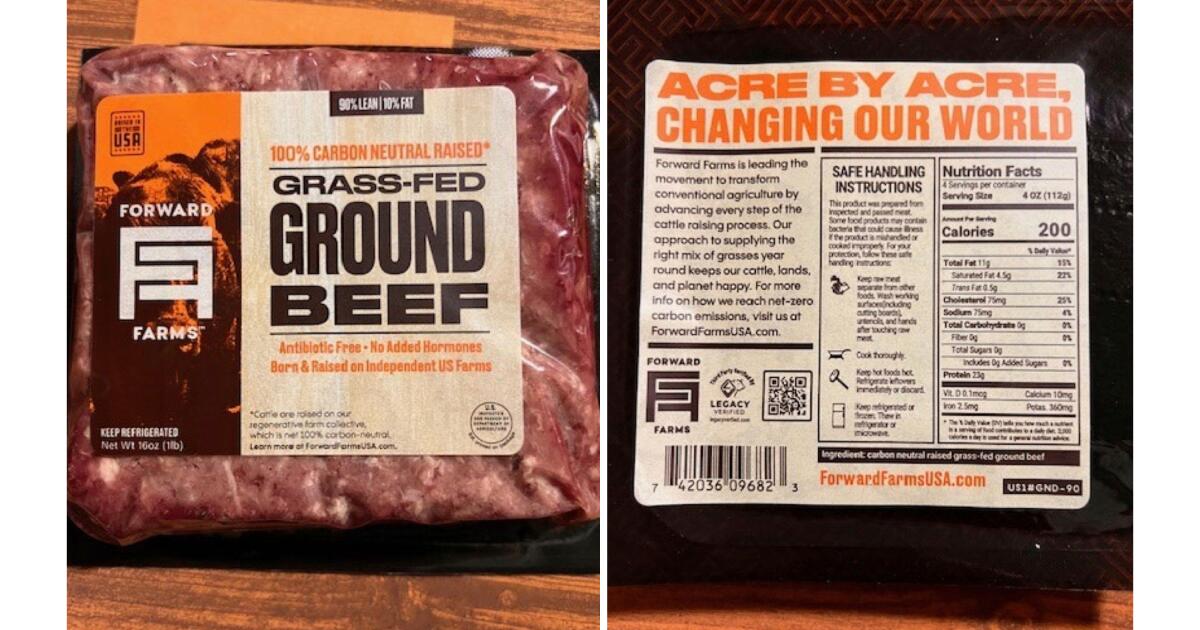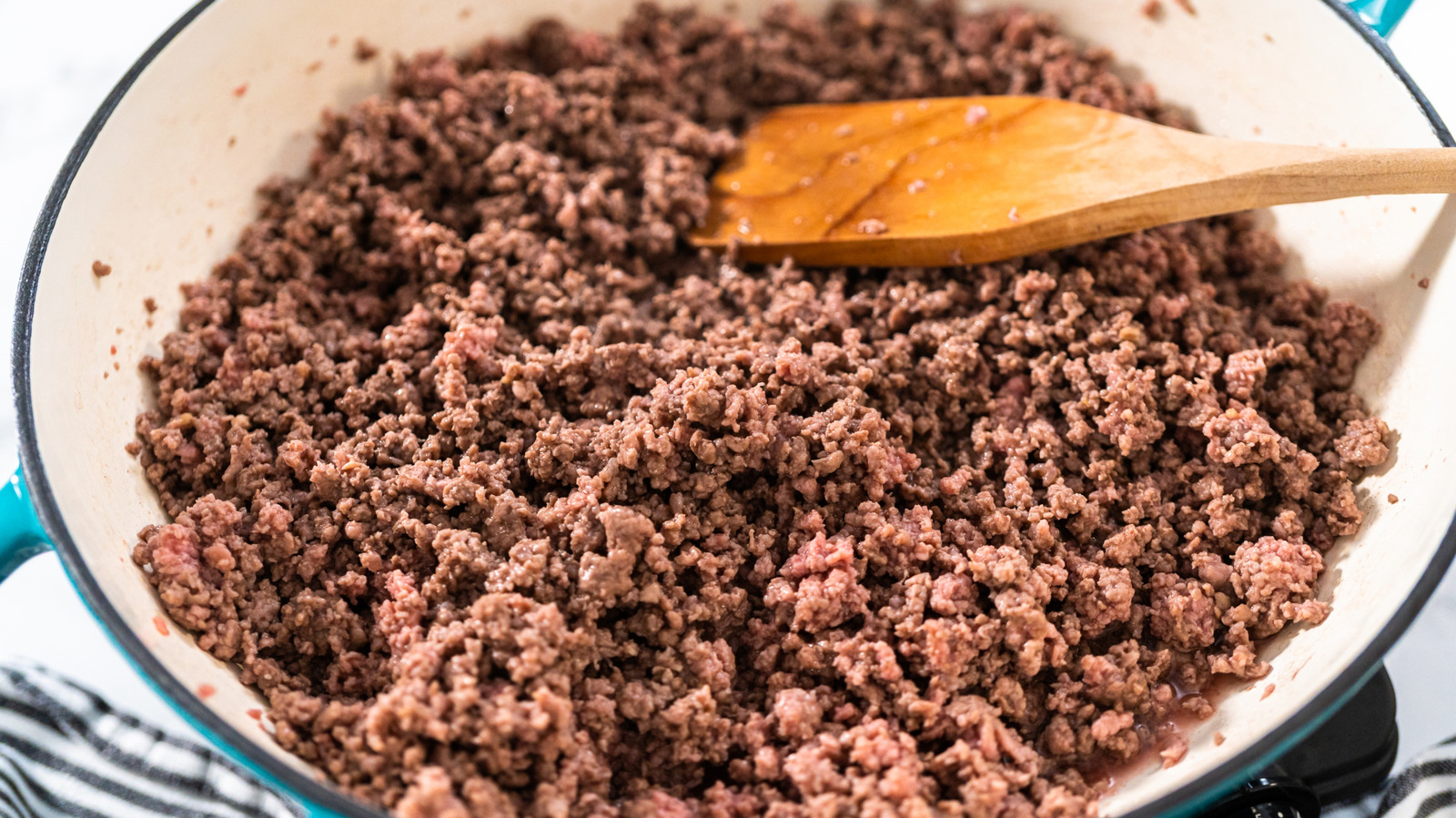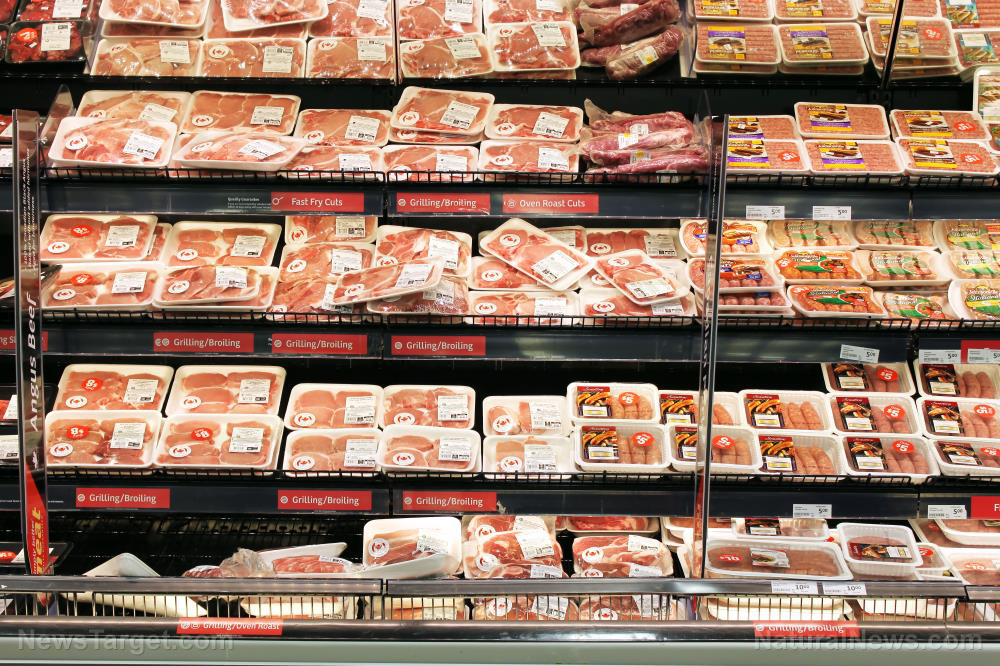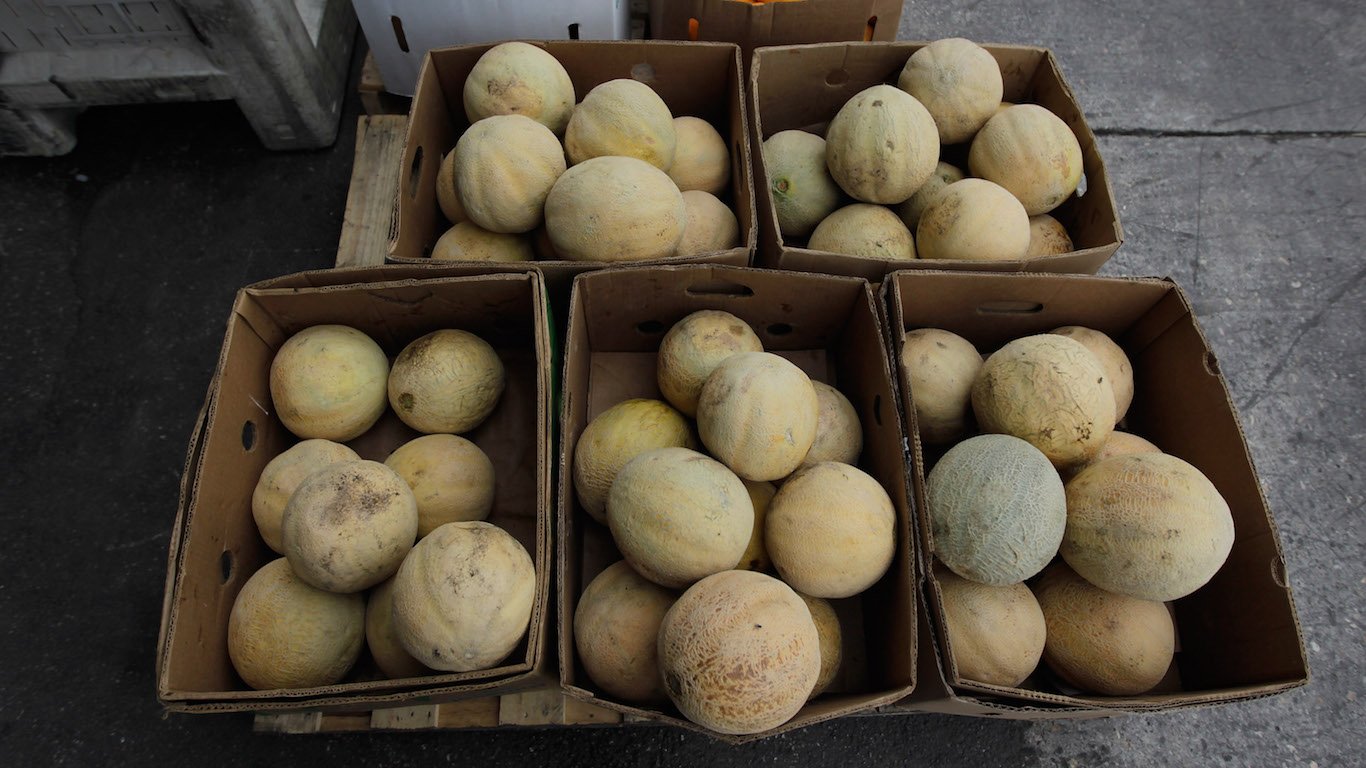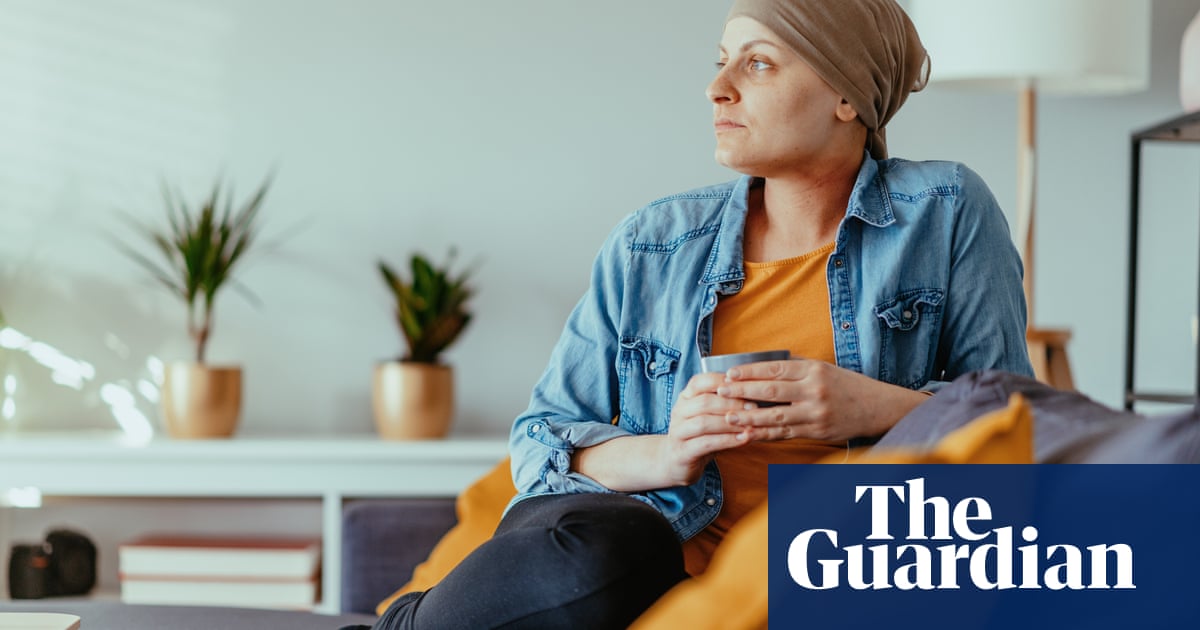#e-coli
#e-coli
[ follow ]
#food-safety #public-health #ground-beef #synthetic-biology #ground-beef-recall #water-quality #biotechnology
fromwww.cbc.ca
1 month ago5 people hospitalized in E. coli outbreak linked to Pillsbury brand Pizza Pops | CBC News
The federal agency says 23 people in seven provinces got sick with the bacterial illness after eating or handling certain flavours of the frozen snack between early October and late November. The Canadian Food Inspection Agency recalled several pepperoni and bacon Pizza Pops on Sunday due to an E. coli contamination that is under investigation. The outbreak has now reached Alberta, Ontario, British Columbia, New Brunswick, Manitoba, Saskatchewan and Newfoundland and Labrador.
Toronto
fromDaily Coffee News by Roast Magazine
4 months agoStudy: Caffeine May Reduce Effectiveness of Some Bacterial Infection Antibiotics
A new study from researchers in Germany found that caffeine from coffee and other sources can reduce the effectiveness of certain antibiotics against harmful bacteria. Scientists at the Universities of Tübingen and Würzburg discovered that caffeine triggers a complex chain reaction in E. coli bacteria that makes them less susceptible to antibiotics like ciprofloxacin, a commonly prescribed fluoroquinolone used to treat urinary tract infections, pneumonia and many other bacterial infections.
Science
fromNature
4 months agoWorld's first AI-designed viruses a step towards AI-generated life
This is the first time AI systems are able to write coherent genome-scale sequences", says Brian Hie, a computational biologist at Stanford University, California. "The next step is AI-generated life", says Hie, but his colleague Samuel King adds that "a lot of experimental advances need to occur in order to design an entire living organism". The study, by Hie, King and colleagues, was posted on the preprint server bioRxivon 17 September and is not yet peer reviewed,
Science
fromTheregister
4 months agoAI can now design more deadly virus genomes
A group of Stanford bioengineers claim that they've created synthetic bacteriophages using AI-generated designs that not only work in the real world, but are far more infectious than their naturally-occurring counterparts. The team, led by Stanford chemical engineering professor Brian Hie, posted a paper to the preprint service bioRxiv Wednesday that details their use of the Evo 1 and Evo 2 models from the Arc Institute (Hie contributed to the design
Artificial intelligence
fromTasting Table
4 months agoYou're Not Supposed To Eat Raw Flour And This Is Why - Tasting Table
You may not think of flour as raw, but that's just what it is. No part of the process of harvesting, grinding, bleaching, or packing most types of flour heats it enough to kill bacteria that may be present; cooking it takes care of that. But if you don't cook your flour before consuming, you're putting yourself at risk of food poisoning from Salmonella or E. coli, according to the FDA.
Cooking
fromFast Company
7 months agoScientists engineer bacteria to turn plastic waste into painkillers
"We're able to transform a prolific environmental and societal waste into such a globally important medication in a way that's completely impossible, using chemistry alone or using biology alone," says study coauthor Stephen Wallace, a chemical biotechnologist at the University of Edinburgh in Scotland.
Science
fromNew York Post
8 months agoI've had a 7-year infection since my ex did the most disgusting thing in a hotel room - I can't believe it got into my sinuses
"E. coli is from poop," Christine Connell said in a recent TikTok video that has racked up more than 436,000 views - fascinating (and disgusting) the internet.
OMG science
[ Load more ]
